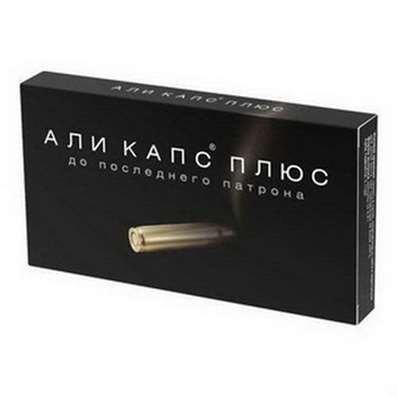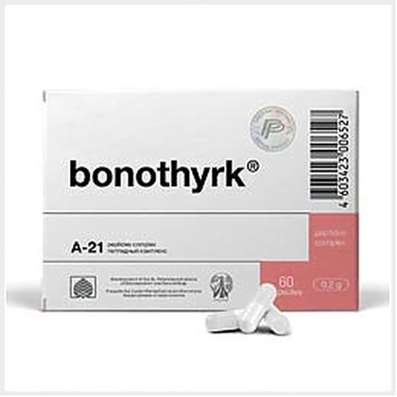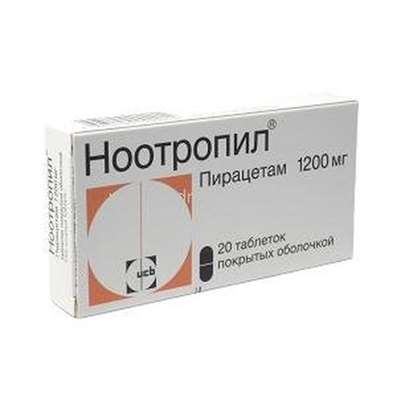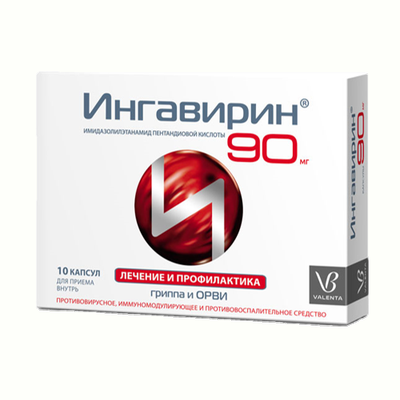How induction differs from the deduction?
13 Dec 2016
Philosopher Dr. Doping tells about strengths and weaknesses of arguments, logical correctness and validity of the criteria.

In life, we constantly take a variety of solutions. Thinking about them, we often do not understand that logic models use different reasoning. The ability to recognize in our judgment or that type of argument will help to assess the quality of decisions and may see the error. In order to understand the nature of logical reasoning, consider the difference between deductive and inductive arguments on the example of a few simple situations.
To improve mental, cognitive and language ability – use Cogitum, Piracetam, Noopept, Picamilon and Phenotropil.
Imagine you stayed at school or work until late at night. Having finished his business at nine in the evening, you feel that hungry. Now you are discussing with a colleague, wherever you dine. It is known that far away from you have a dining room and sushi bar. It is known that the dining room is open until eight in the evening, and a sushi bar - until midnight. Where are you going to go? The answer seems obvious: you can only dine at the sushi bar. In this case, you took advantage of the deduction. Deductive reasoning - a reasoning to which we can apply the criterion of validity (from the English validity -. 'Reasonableness'), or logical correctness. The valid argument - this argument from true premises which may be followed only correct conclusion. In our example, there was only one correct version of the action, so the arguments are not merely deductive, but also logically correct. After all, if the dining room is open until eight, and you come back in ten, then there is no chance that you will be able to dine there.
Of course, you need not only logical reasoning correctly. Parcels on which we base the reasoning must be true or, as the logic true. In our case, it is important that the dining room and sushi bar really worked on a schedule. Valid deductive argument if its premises are true, called the wealthy. Thus, if you are not mistaken with respect to time of the cafes near your university or office, you will not go hungry in the evening, and the reasoning that led you to the cafe, will be characterized by logical consistency. We can imagine the negative scenario, when your thinking would be invalid or logically incorrect deductive argument. Imagine wanting to dine at one of these establishments, you do not know which of them are open until eight in the evening, and some until midnight. In this case, you can not make a rational choice, and the most that it is hoped - it's for good luck.
How do inductive arguments? Imagine dining area, and a sushi bar open until midnight. Your friend offers to go to a sushi bar, and the following arguments: a sushi bar has a good ranking on a certain site, so if we want to eat, you have to go exactly there. Should you need to take a position with another? Not at all - rather, you will weigh the likelihood that this is where you will enjoy dinner more. The probability of output is the main characteristic of inductive arguments. Unlike the situation with non-valid deductive reasoning, where the conclusion is not defined, we can speak of a greater or lesser probability of withdrawal in relation to inductive arguments. Based on the degree of probability, all inductive arguments will be divided into the strengths and weaknesses. The degree to which the argument is strong or weak, depending on the relevance and reliability of output chips.
Before you know whether you are willing to accept the arguments of your friend, you need to understand how they are suited to the task, that is, as far as they are relevant to the conclusion. Whatever good sushi bar if you're really strapped for cash, then you choose the dining room, if it offers lower prices. We assume that means you have enough, in fact, you're a foodie. To draw a conclusion about the quality of food in the land bar on his reputation on a dedicated website, we have to see how many people put high scores and try to understand how qualified is their opinion. If a lot of high marks, users have detailed the positive reviews, then you will find this argument credible.
Once you ascertain the relevance and reliability of the argument of your friend, time to go to a sushi bar, and satisfy your hunger. In this case, confidence in the correctness of the decision is based on projecting the experience of previous asylum your future experience. Generalization - one of the main logical operations typical of inductive arguments. However, certain conclusions even the strongest inductive arguments are not protected. In particular, no amount of complimentary reviews of culinary critics can not guarantee that at the time of your visit to the sushi bar is not replaced by a cook in the kitchen or not will be delivered spoiled food.
It is often said that the deduction is the conclusion from the general to the particular, and the induction - from private to general. This definition is correct, however, in modern editions logically prefer to use the criterion of validity for distinguishing between deductive and inductive arguments. To summarize our argument, we can say that deductive arguments can be classified into two bases: quality and logical relation to the real state of affairs. The logical relationship between the premises and the conclusion makes a valid argument when the need of the premises with the conclusion or non-valid, when we can not draw any conclusions from the premises. In relation to the reality of a deductive argument is called-off, when the parcel or parcels argument right describe the real situation, and its argument is valid. In this case, the conclusion of this argument is always right. The conclusion from the premises of an inductive argument is always probabilistic. Depending on how good and relevant will be sending, acceptance of the argument depends on strong or weak.

 Cart
Cart





